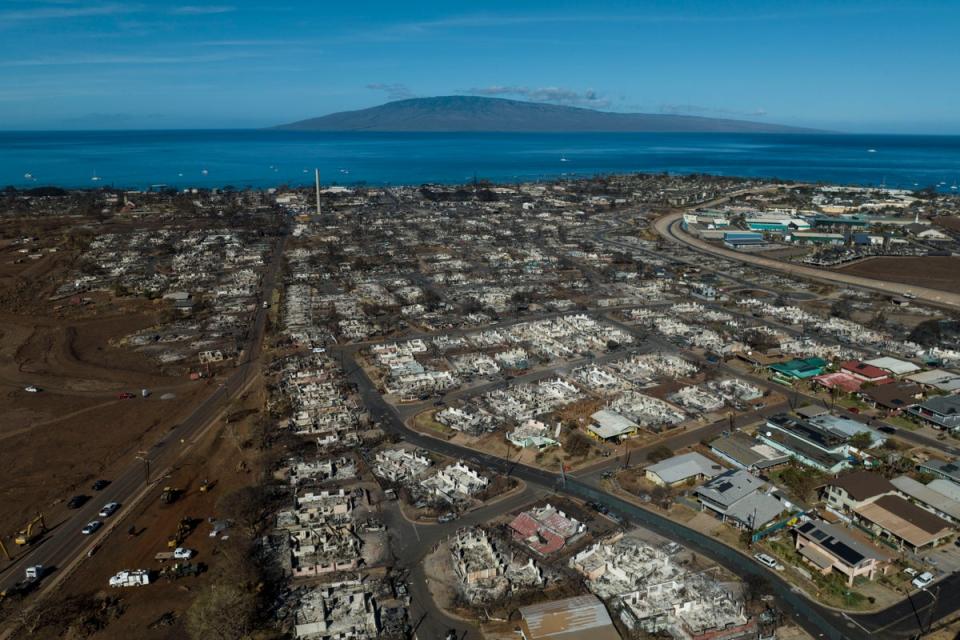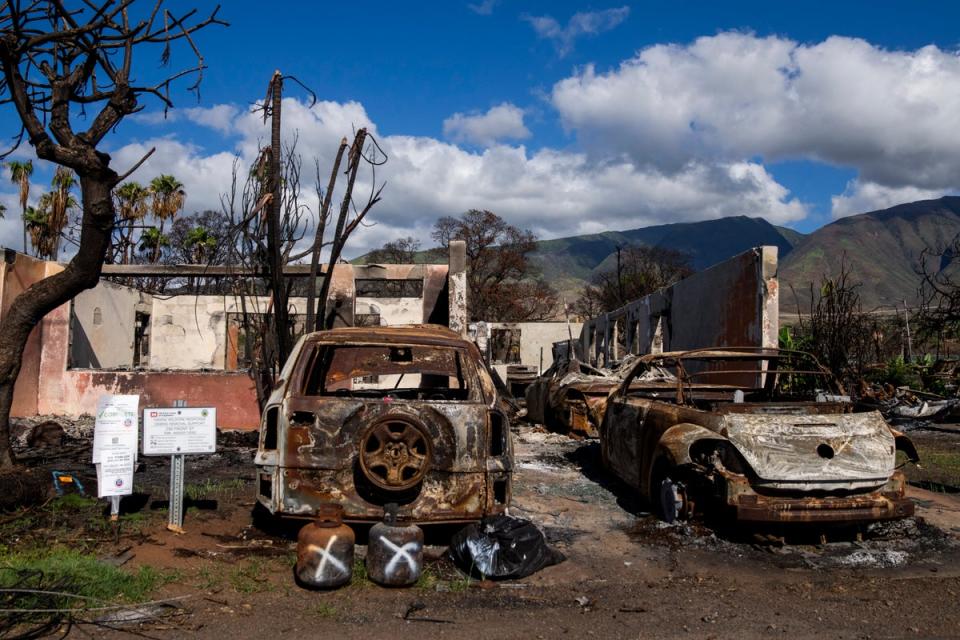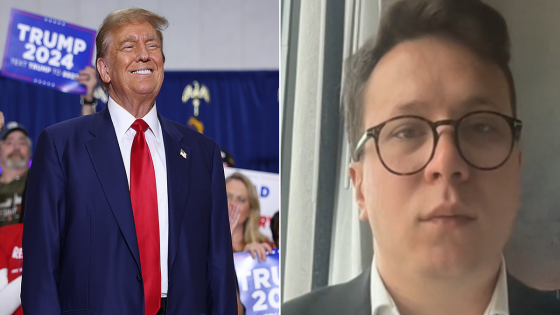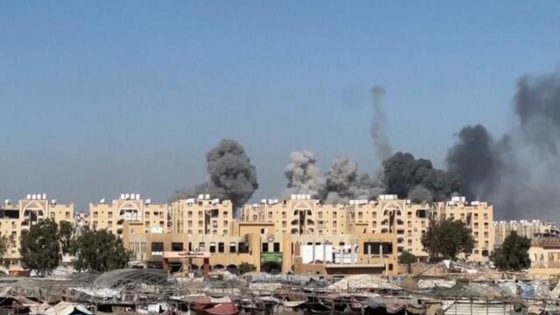Survivors of the devastating 2023 Maui fires say they are being forced to deal with rodents and falling apart homes in their federally funded living quarters months after the wildfires.
The Federal Emergency Management Agency’s Direct Lease program helps wildfire survivors find short- and long-term housing as their communities rebuild. More than 1,300 people are part of the program. Now, ABC News reports some FEMA program members have been in unhygienic and unstable living situations.
Charles Nahale, a Maui fire survivor, told the outlet he was relocated several times through the FEMA program, once with only a day’s notice. Nahale told ABC News he was also assigned to a studio apartment with broken cabinets and curtains.
“These two representatives at FEMA, they seemed to put the fear of God in us, that if you don’t take this property, you’re going to be kicked out, most likely, and you’ll be on your own,” Nahale said of the experience.
Timothy Putnam, another survivor, told ABC News he has been matched with four units through FEMA — many of which had horrific conditions.
“The first unit…didn’t come up to code electrically,” Putnam told the outlet. “The second unit was horrifying, rat infested, with a lot of urine on mattresses, and incredibly dirty. That was super simple. I didn’t have to say no to that one because the FEMA agents that were there were horrified, as well.”

“The third unit, you know, was far from where I wanted to be because I just started working again on the west side,” he continued. “And the commute was going to be difficult, but at least it was a roof over my head.”
Meanwhile, FEMA told The Independent that “survivors are our No. 1 priority.”
“All units require an inspection and we make sure the house is safe, livable, sanitary and functional before anyone moves in,” a spokesperson for FEMA said. “If any of the survivors living in one of the properties experiences any issues, we urge them to contact their caseworker so we can correct the situation. If a unit doesn’t meet the requirements of inspection, that property will not participate in the program until the issue has been corrected and another inspection has been conducted.”
Despite it all, Putnam told the outlet he’s grateful to have housing.
“I do have a roof over my head and I have since August 17th because of [Hawai’i Governor Josh Green], State of Hawai’i, FEMA, and the Red Cross,” he told ABC News. “They have kept me housed and it’s a pretty amazing thing. Right? So, there’s a lot of flaws in the system, but overall, I’ve been looked after, and I’m grateful for that.”
Nahale told ABC News he is growing anxious as the end of FEMA housing approaches. However, the Hawai’i governor has since announced efforts to build temporary housing in Lahaina set to finish this year, before FEMA help expires.


“FEMA help ends in February of 2025, and they have us in places where the rents are so high,” Nahale said. “Every day it’s getting a little closer and you, you get into knots wondering what’s gonna… how I’m going to survive. What’s gonna happen now?”
The Maui fires, which ripped through Lahaina on August 8, killed more than 100 people. Over a year later, authorities are still trying to determine how the fire started and how emergency crew responses can be improved.
In April, Hawaii Attorney General Anne Lopez released the first phase of a three-part investigation. That report revealed that officials struggled to communicate amid the disaster, there were few escape routes as the fire raged and resources were thin, the Associated Press reports.
This story was amended on June 17 to include comment from FEMA.
Source Agencies



